James “Jimmy Stink” Collins Johnson lived in Princeton for most of his life after escaping from slavery in Maryland. Johnson was born on October 2, 1816 to two slaves in Easton, Maryland. Johnson was eventually given to the master’s son who at the time was only a month other than Johnson..
James married a free woman in Church Hill, several miles away, in 1836. But Johnson was restless. He refused to stay in captivity, so he began planning his escape. When Wallace gave Johnson five dollars for some reason, James seized the opportunity and left Easton on foot at midnight on August 8, 1839, never to return. He stopped to tell his wife good-bye, and he walked all the way to Wilmington, Delaware. He changed his name to James Johnson at his point. Once he arrived in Philadelphia, he purchased a train ticket to Trenton. It is told that he had just fifty cents left when he arrived in Trenton, which he spent on train fare to carry him as far north as possible. His destination was Princeton, New Jersey, where he arrived on August 10.
Johnson began working at the College of New Jersey, which was called “Princeton College” as a janitor in Nassau Hall. A few years later, Simon Weeks (Class of 1838), a student at Princeton Theological Seminary and a friend of the Wallaces, saw and recognized Johnson and wrote back to Maryland to report his discovery.
It was not long before Johnson’s master found out and confronted him. Johnson was horrified that he might be sent back into slavery. But the law was on Wallace’s side, though sentiment in Princeton mostly fell with Johnson. The Fugitive Slave Act of 1793 not only required local officials to arrest escaped slaves, but also punished anyone who aided a fugitive slave with a fine of $5,000 (well over $115,000 in today’s currency).
New Jersey gave Johnson at least some hope with the New Jersey Personal Liberty Law of 1826, which required a hearing in which a fugitive slave could speak on his or her own behalf, and be tried by a jury. Students and many people in the African American community were on Johnson’s side and were planning to help him escape if necessary. Tensions began to rise as everyone awaited the verdict. The jury ultimately determined the evidence to be in favor of Wallace, though at least one juror said that the law itself was the only reason he voted that way, being personally opposed to slavery. After the ruling, Johnson was held under guard in an upper room in the Nassau Hotel.
People of the community pleaded with Wallace to let Johnson go free. Wallace agreed for the sum of $550 dollars (estimated at $13,000 today). A woman by the name of Theodosia Prevost gave Wallace the money and he left Johnson a free man in Princeton. Over the course of the next few years, records assert that Johnson repaid both Prevost and the students.
Johnson was given $100 dollars by the students to start his life over. He opened up a used clothing store, buying and selling items that students no longer wanted. He operated his store until 1855 and resigned from his job as janitor for Princeton. For the rest of his life he sold items from an old wheelbarrow he pushed around Princeton.
Johnson nickname was given to him after a student asked him to retrieve a lost watch from a “outhouse”, ‘Jimmy Stink.’ (Reportedly, Johnson did not clean up after finding the watch in the muck and came to the student still covered in human waste.)
Most people thought Johnson considered himself a free man after Wallace left him for the $550. However, Johnson was reported saying, “Free me?’ ‘I never got no free papers. Princeton College bought me; Princeton College owns me; and Princeton College has got to give me my living.” Most Princeton students considered Johnson an institution, who exchanged stories with students over the years.
source:
Read the original story at:
https://blogs.princeton.edu/mudd/2015/02/princeton-college-bought-me-the-life-of-a-fugitive-slave-in-princeton/





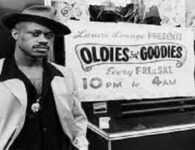

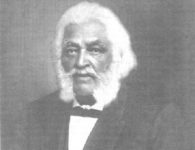
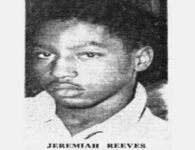





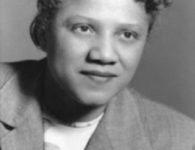
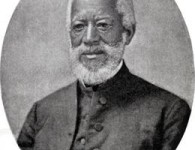
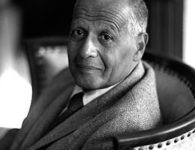

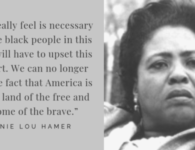
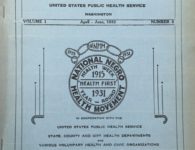

No comments